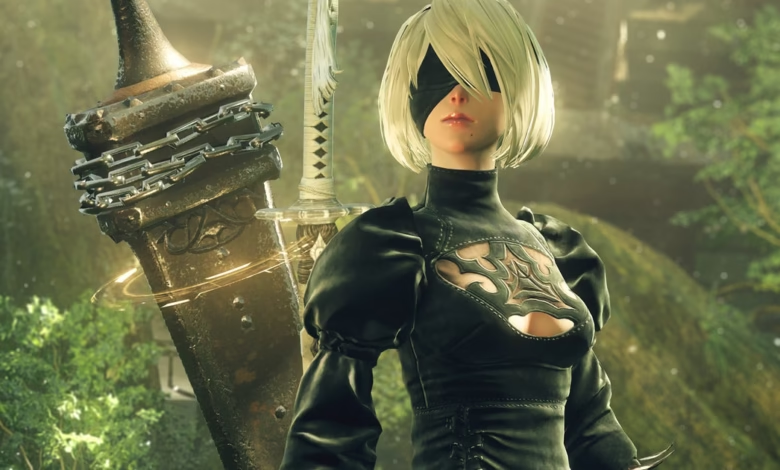Nier: Automata Devs Deny Censorship Claims, Blame Mistranslation

▼ Summary
– Nier: Automata developers Yosuke Saito and Yoko Taro denied claims that character designs were altered for Western audiences, clarifying a mistranslation caused confusion.
– Yoko Taro explained their design philosophy involves taking a contrarian approach, such as using Gothic Lolita outfits to contrast typical Western sci-fi aesthetics.
– Saito mentioned they establish ethical guidelines for character designs to avoid content that could be problematic in certain regions, impacting game releases.
– Taro and Saito refuted the mistranslation on social media, with Taro stating he had never heard of such censorship and Saito planning to clarify in a livestream.
– Former PlayStation exec Shuhei Yoshida praised Nier: Automata for reviving the Japanese games industry by focusing on originality rather than catering to overseas tastes.
The developers behind Nier: Automata have clarified recent claims about censorship, attributing confusion to a mistranslation rather than actual restrictions on character designs. Yosuke Saito and Yoko Taro, the game’s producer and director, addressed speculation that Square Enix altered content to suit Western audiences. Their comments stem from a misinterpreted interview segment where subtitles suggested regional limitations influenced creative decisions.
During the discussion, Taro explained their unconventional approach to design, emphasizing a preference for contrasting styles. “If mainstream sci-fi features militarized characters, we might deliberately choose Gothic Lolita aesthetics instead,” he noted. Saito’s remarks about ethical boundaries were initially interpreted as acknowledging censorship pressures, but both developers later refuted this. Taro explicitly stated on social media that no such restrictions existed, while Saito blamed translation errors for the misunderstanding and promised further clarification.
The interview also highlighted Nier: Automata’s pivotal role in revitalizing Japan’s gaming industry. Former PlayStation executive Shuhei Yoshida praised the title for bucking trends during a period when many studios prioritized global appeal over originality. “Yoko Taro didn’t tailor the game for overseas markets, yet it achieved massive success,” Yoshida remarked, crediting its unapologetic creativity for resonating worldwide.
Fans initially reacted with concern to the mistranslated comments, but the developers’ swift response has since dispelled doubts. The incident underscores how nuanced language barriers can distort intent, even in professional contexts. Nier: Automata’s legacy remains untarnished, celebrated for its bold artistic vision and cultural impact.
(Source: EUROGAMER)





